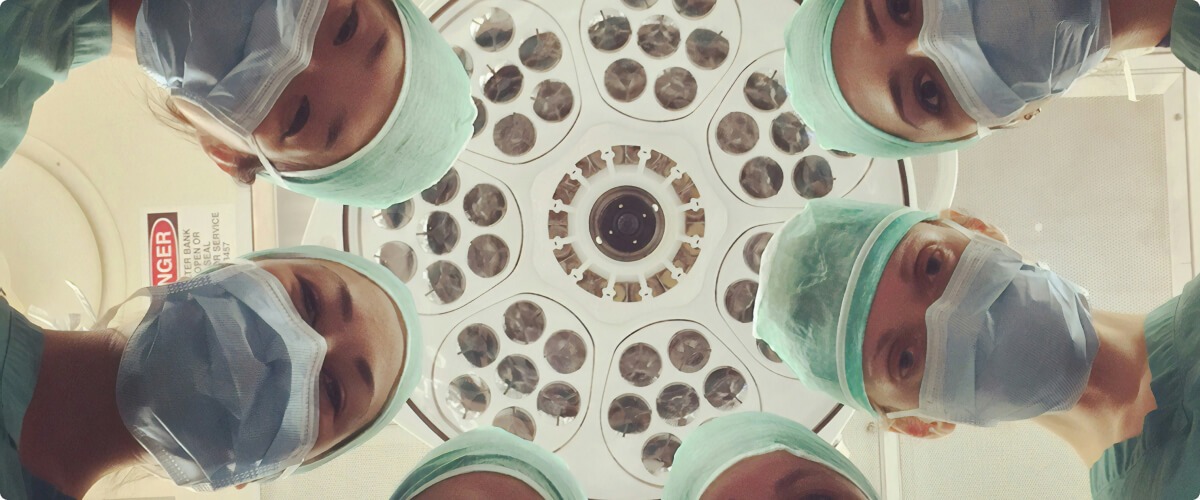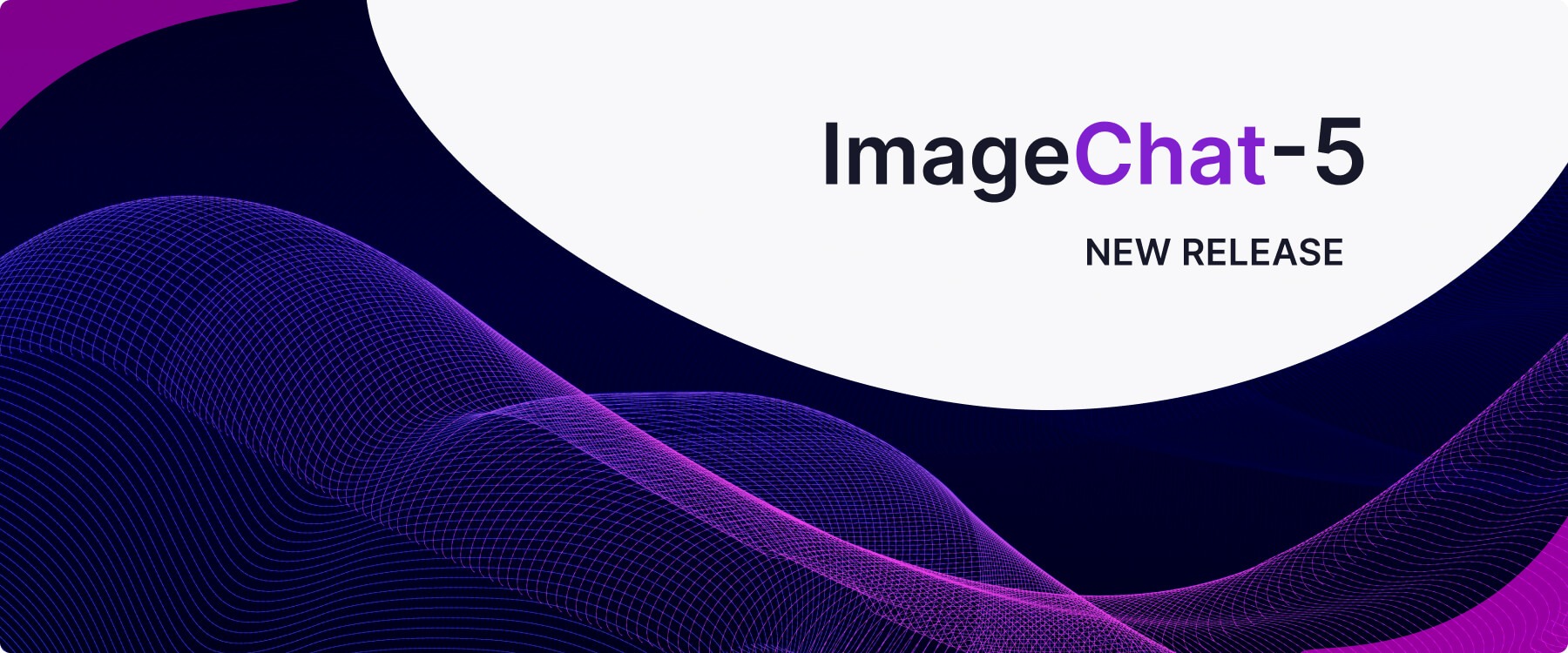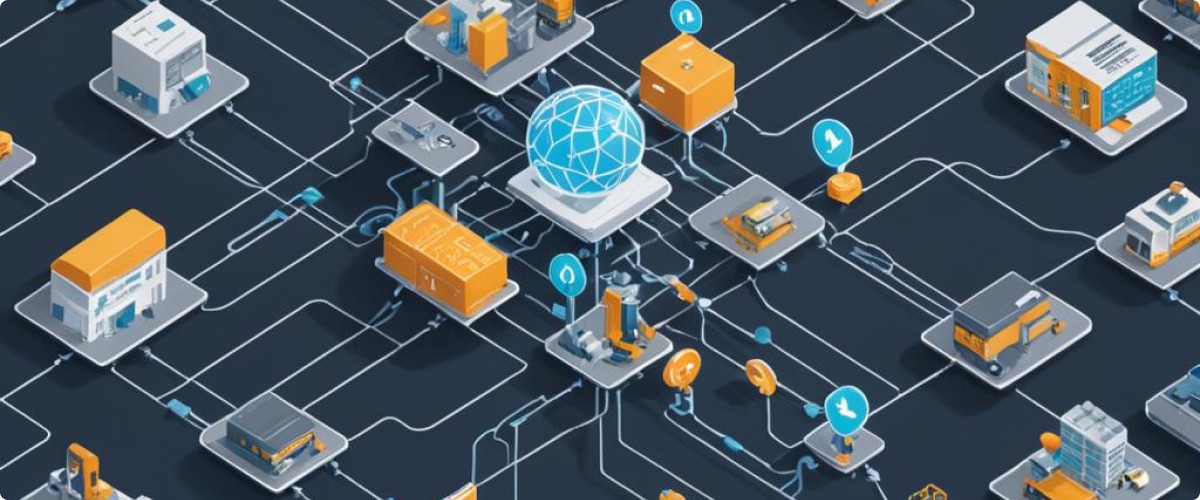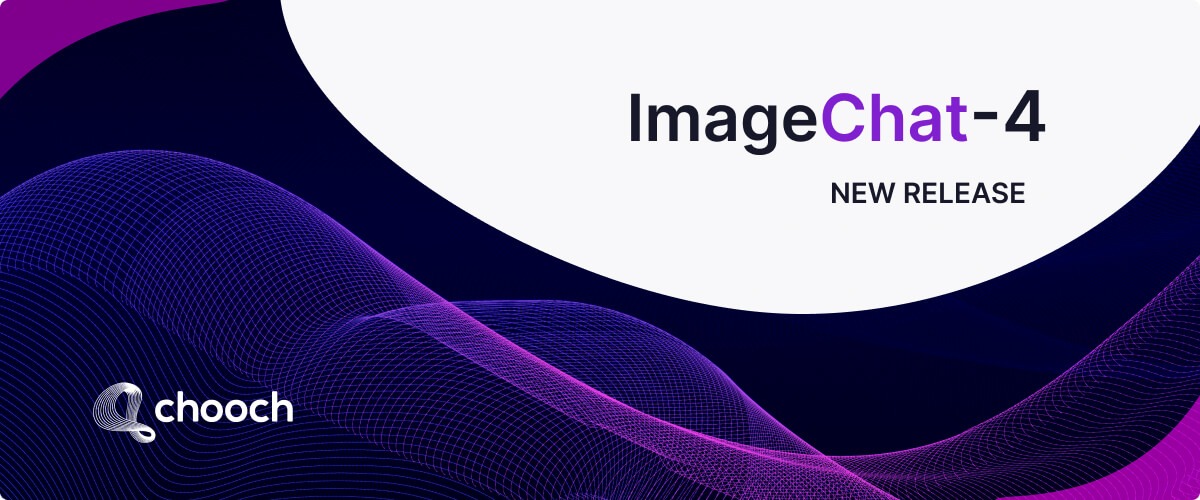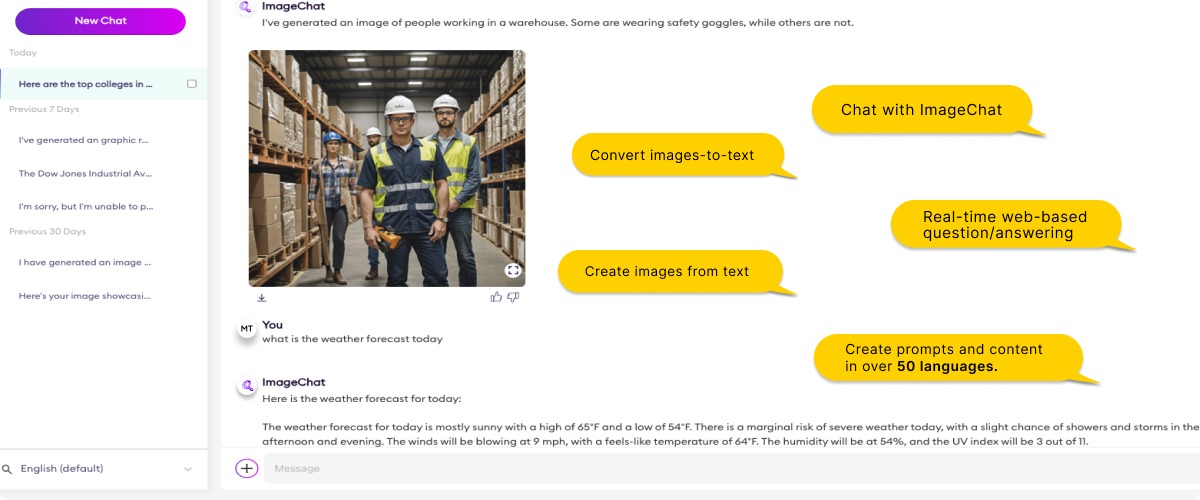The healthcare industry is continuously seeking ways to enhance operational efficiency while maintaining high standards of patient care. In this pursuit, generative artificial intelligence (AI) has emerged as a transformative technology with the potential to revolutionize administrative tasks, resource management, and supply chain operations.
A recent study conducted by Gartner reveals a growing interest and adoption of large language models (LLMs) and generative AI (GenAI) technologies within the healthcare provider sector. The survey, spanning June 2023 and December 2023, highlights an industry that is increasingly engaging with these cutting-edge technologies.
LLMs and GenAI are rapidly becoming priorities on strategic agendas and driving conversations across healthcare organizations. The potential benefits, such as mitigating clinician burnout, enhancing patient experiences, and democratizing access to data and information, hold the promise of transformative impact.
According to Gartner® “Ninety-five healthcare executives responded to the December 2023 Gartner Healthcare Provider Research Panel Survey. Of the respondents, 84% of healthcare provider executives believe LLMs will have a significant (35%), transformative (37%) or disruptive (12%) impact on the healthcare industry overall. However, only 63% report it will have the same impact on their organization. There is only a small minority (2%) who feel LLMs and GenAI will have little to no impact on the industry.“
Source : Gartner, 4Q23 LLMs and Generative AI: Healthcare Provider Benchmarks and Trends, Laura Craft, 6 February 2024. GARTNER is a registered trademark and service mark of Gartner, Inc. and/or its affiliates in the U.S. and internationally and is used herein with permission. All rights reserved.
Opportunities for Generative AI to Improve Healthcare Delivery
Generative AI offers a myriad of opportunities to improve healthcare delivery and patient outcomes. Healthcare executives recognize this potential and are taking proactive steps to integrate these technologies responsibly. They are designing strategies, updating policies to address AI ethics, and allocating resources for pilot projects that explore various compelling use cases. While healthcare leaders are actively involved in the development and integration of generative AI as part of systemic transformation efforts, realizing the full impact and value will require time and sustained commitment.
Among the most promising applications are:
Streamlining Administrative Burdens
A key area where generative AI can make a significant impact is by alleviating the administrative burdens shouldered by healthcare professionals. Generative AI models trained on medical records and billing data can automate tasks like documentation, coding, and claim submissions, potentially reducing the time spent on these tasks by up to 50%.
To illustrate the impact, consider Dr. Sarah, a busy family physician who often finds herself staying late to complete medical documentation and coding. With an integrated generative AI system, Dr. Sarah can simply dictate her notes, and the AI model can generate accurate documentation with correct billing codes, saving her up to an hour per day and mitigating potential burnout.
Optimizing Resource Allocation and Scheduling
Another promising application is in the realm of resource allocation and scheduling. AI-powered scheduling systems can create optimized schedules that minimize wait times and maximize resource utilization by up to 15-20%.
For example, a hospital’s imaging department struggling with long MRI wait times could implement a generative AI scheduling system to balance patient demand with resource availability, reducing wait times and improving overall throughput.
Streamlining Supply Chain and Inventory Management
One of the most significant areas where generative AI can drive transformative impact is in computer vision and video surveillance for inventory management. By leveraging generative AI models, healthcare facilities can make their surveillance systems more searchable and intelligent for monitoring inventory levels. These models can analyze visual data from storage rooms and supply areas in real-time, detecting potential stockouts or overstocking situations, and identifying irregularities that may require human attention. This enhanced inventory monitoring capability can significantly improve operational efficiency and prevent costly wastage or shortages, saving healthcare systems billions of dollars annually.
Consider pediatric units and the criticality of their inventory. Facing stockouts of critical inventory has a significant impact on care while carrying excess inventory incurs costs. By implementing a Vision AI system for automating inventory management, you can analyze usage patterns, detect bin fullness, automatically identify low stock levels, and send reordering signals—ensuring a consistent supply without overstocking or expiration.
Overcoming Key Challenges of Implementing Generative AI
While generative AI offers compelling benefits, responsible implementation requires addressing technical feasibility, workforce readiness, data privacy, ethical considerations like fairness and transparency, and maintaining the human touch in patient care. Technical capabilities, data infrastructure, and change management efforts are crucial for successful AI adoption. Strict data protection, cybersecurity measures like encryption and access controls, and adherence to regulations like HIPAA are vital for safeguarding patient privacy.
Rigorous testing of AI models for bias mitigation, explainable AI for accountability, and robust governance frameworks addressing liability and informed consent are essential. Ongoing collaboration between stakeholders can help uphold core ethical principles while integrating AI responsibly into healthcare workflows.
Future of Generative AI in Healthcare
Generative AI presents a transformative opportunity for enhancing operational efficiencies, reducing administrative burdens, and optimizing resource utilization in healthcare. By striking the right balance between innovation and ethical considerations, healthcare systems can harness generative AI’s power to streamline operations, leveraging computer vision for intelligent inventory management while maintaining high standards of patient care and preserving the human touch.
Contact us to learn more about our Vision AI solutions for healthcare.

